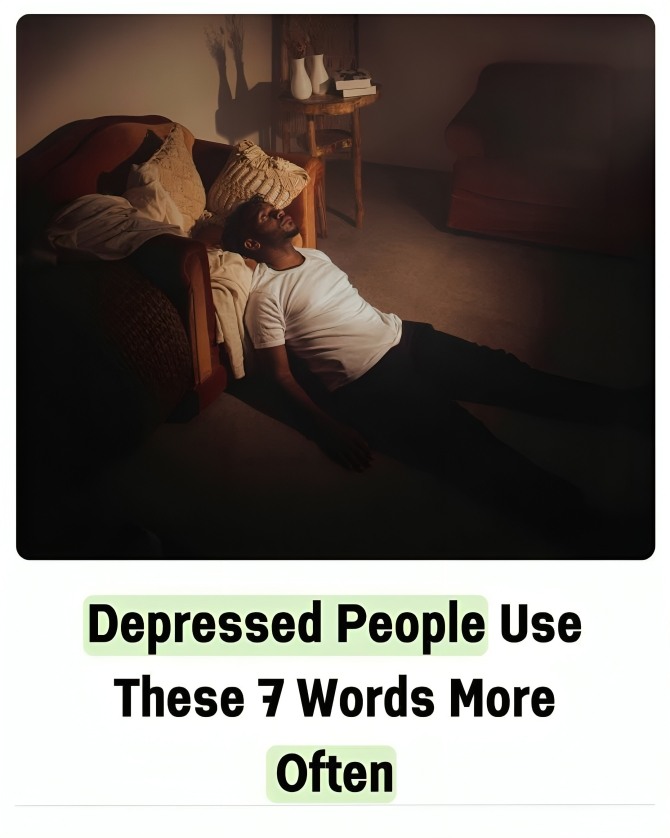Recent years have seen a major increase in mental health awareness in society. As a result, it’s now much easier to spot depressed people, and these words are thought to be telltale signs.
Depression and other aspects of mental health are incredibly complex, so it takes years of education to become an expert. Hours of studying, assessing human interaction, and understanding how traumas all impact the brain are just some examples of research. However, caring medical professionals have shared bits of insight over the years regarding depressed people. Most often the information circulates during Suicide Awareness Month and Suicide Prevention Month in hopes of saving lives. Fortunately, some signs are common and can easily be spotted in a loved one or even oneself. Here are some Common Symptoms of Depressed People:
People occasionally use this kind of “all-or-nothing thinking” when dealing with stress or frustration. Alternatively, depressed people get stuck in an everlasting cycle of “absolutist language“. The theme of most of their conversations becomes negative and even a little draining. “The frontal lobes of the brain are negatively affected when depression occurs.” Dr. Deborah Serani shared. Therefore, “judgment, thinking, and reasoning are impaired, which can lead to all-or-nothing thinking.”
“Once the symptoms of depression reduce and recovery occurs, most depressed individuals have a greater range of solutions. A solid sense of judgment, and less rigid thinking.” She concluded.
Depressed people are unable to get themselves out of bed or brush their teeth. While it’s a sign of good mental health to know your limits, depressed people will often use the phrase. “A lot of depressed individuals also use the word ‘can’t’ a lot. I can’t feel better, I can’t get my work done, I can’t get out of bed, I can’t get things to be good.” Dr. Serani explained. “The illness of depression has foreclosed the possibility of many, many things.”
Although it’s also a sign of good mental health to take responsibility for your actions or mistakes you may have made, constantly blaming yourself is a sign that you may be depressed. Unfortunately, things happen that are often unpreventable or unpredictable. However, depressed people are more likely to take all the blame, even in those instances. “Depression creates a pattern of negative thinking because the illness impairs frontal lobe functioning, where reasoning and judgment take place, so many depressed people feel guilty about the way they feel,” says Serani.
She also explains that these are the thoughts that lead to suicide attempts. People think, “they’re a burden, or too much to handle for family and loved ones, suicidal thinking can take over: ‘If I’m gone, I won’t be a burden to anyone anymore. This negative kind of thinking is vital to take note of.” She explained.
